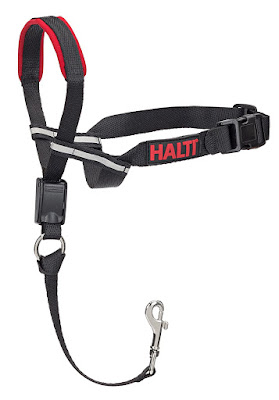When puppy proofing your home, the idea is to make your home safe for your dog. Dogs are constantly curious and their mouths serve as their hands. They are just as likely to eat something out of boredom, curiosity, or just because something is there.
Dogs are very capable of finding just the wrong thing because they can smell everything, and anything that smells different deserves to be investigated. This is why we must make the environment friendly for our dogs so they don't get themselves into trouble.
One of the first offenders are the plants that we like to keep around, and perhaps not knowing which ones are toxic to our dogs. The azalea, Calla Lilly, and Dieffenbachia are very toxic to dogs.
Keep all of your medications up and off the counters. Vitamins, prescription medications, aspirins, and especially Tylenol will be especially toxic to our canine friends. Even plastic containers are no match for a good chewer, as they can get things off of any counter in a hurry, if they are motivated.
Keep the lids on the toilets down, especially if you use toilet bowl cleaners, as your dog just might spot that open toilet as a drinking facility. Keep wastebaskets covered as there is always the possibility of sharp objects, undesirable elements, and other items that could be bad for your dogs.
Keep your cleaning supplies tucked away out of doggie's reach, and keep your dog out of a room when it is being cleaned with any caustic supplies, so they won't be affected by fumes or the temptation to lick the area.
Electrical cords are a big danger to puppies, as they spend their entire time for the first two years of their lives chewing on just about anything they can get their teeth on. If they bite through a live cord, it can cause burns, electrical shock or even death by them being electrocuted. Tie up any loose cords, or just don't use them in areas where the puppy roams.
Fires and heat can be dangerous to dogs, so never leave your puppy in a room with a live fire or a stove that is hot, as he won't really know what it is until it is too late.
The swallowing of small pieces of clothing like socks, underwear, nylons and other such clothing can be a choking hazard, and should be kept out of reach, as should laundry baskets full of clothes.
Keep smaller objects such as buttons, yarn, pins, rubber bands, thread, coins, and jewelry out of reach of your dog. Anything that is small in size and can be swallowed can be a choking hazard to your dog, so just think ahead and limit his access to certain areas of your house.
You can close off certain sections of your house with baby gates so your puppy will be limited as to the areas where your puppy can go. You can keep him in "clean areas" where you have gone over the area with a fine tooth comb.
Source:http://ezinearticles.com/?How-To-Puppy-Proof-Your-Home-Better&id=8747621



















































